US says to ‘dissuade’ Iran arms trade after retracting Trump claim
The US says it will continue to discourage countries from supplying arms to Iran on the same day Washington claimed to have retracted a botched decision by the former Trump administration to reimpose a UN arms embargo on Tehran.
Last year, former secretary of state Mike Pompeo said the US had unilaterally reimposed a UN arms embargo on Iran after it expired in October, but 13 countries on the 15-member Security Council opposed it, arguing that the move was void.
The Biden administration said Thursday it had rescinded former president Donald Trump’s claim to have restored UN sanctions on Iran, prompting Iranians to deride the move as a hollow gesture and urge the US to "effectively" lift sanctions.
White House spokeswoman Jen Psaki, however, said “there is no plan to take additional steps” before talks with Tehran about returning to the 2015 Iran nuclear deal.
Meanwhile, US State Department Spokesperson Ned Price said, “Regardless of the UN’s Iran sanctions architecture, we will continue to use our authorities to dissuade countries from providing arms to Iran."
"So there is certainly no change in our posture there at all,” he said on Friday.
Iranian officials have already stated that the administration of President Joe Biden has retained his predecessor’s “maximum pressure” policy against the Islamic Republic despite his overtures of being ready for "diplomatic conversation" with Tehran.
Biden told the Munich Security Conference Friday that Washington was “prepared to reengage in negotiations" on Iran’s nuclear program.
His remarks came a day after the US announced a few piecemeal steps and announced willingness to meet with Iran to discuss a “diplomatic way forward.”
Beside announcing the former government's so-called snapback of UN sanctions as "terminated, the US lifted travel restrictions on Iranian envoys accredited to the United Nations.
“The steps we took were intended to remove unnecessary obstacles to diplomacy,” Price said.
Iran sniffed at the "gestures", with Foreign Minister Mohammad Javad Zarif urging the US to "unconditionally and effectively lift all sanctions imposed, re-imposed or re-labeled by Trump".
The US government's pledge to dissuade countries from providing arms to Iran came after it stressed military cooperation with Saudi Arabia and Israel, which have both opposed Washington's return to the nuclear deal with Tehran.
In a telephone conversation with Saudi Crown Prince Mohammed bin Salman, Pentagon chief Lloyd Austin reaffirmed “the strategic defense partnership between the United States and the Kingdom of Saudi Arabia,” the Pentagon said in a statement.
Israel also announced that it was developing a new ballistic missile system, the Arrow-4, with the United States.
“The development of Arrow-4 together with our American partners will result in a technological and operational leap forward, preparing us for the future battlefield and evolving threats in the Middle East and beyond,” Israeli minister of military affairs Benny Gantz said in a statement.
Israel’s Arrow-2 and Arrow-3 missile systems are already operational to intercept incoming missiles in the atmosphere and space.
John Hill, director of the US Missile Defense Agency, said the cooperative program "illustrates US commitment to assisting” Israel in upgrading its missile capability.
'Next to impossible' to rescue patients from Gaza's Kamal Adwan Hospital: Director
VIDEO | Vietnam current prosperity
Report blames gasoil exports for shortage at Iranian power plants
VIDEO | Hind Rajab Foundation names Israeli war criminals vacationing after Gaza genocide
VIDEO | Australians rally for Gaza ahead of Christmas festivities
VIDEO | Attacks on Sana'a
Iran reports further drop in annual inflation rate in December
Israel indicts two settlers over suspected spying for Hezbollah


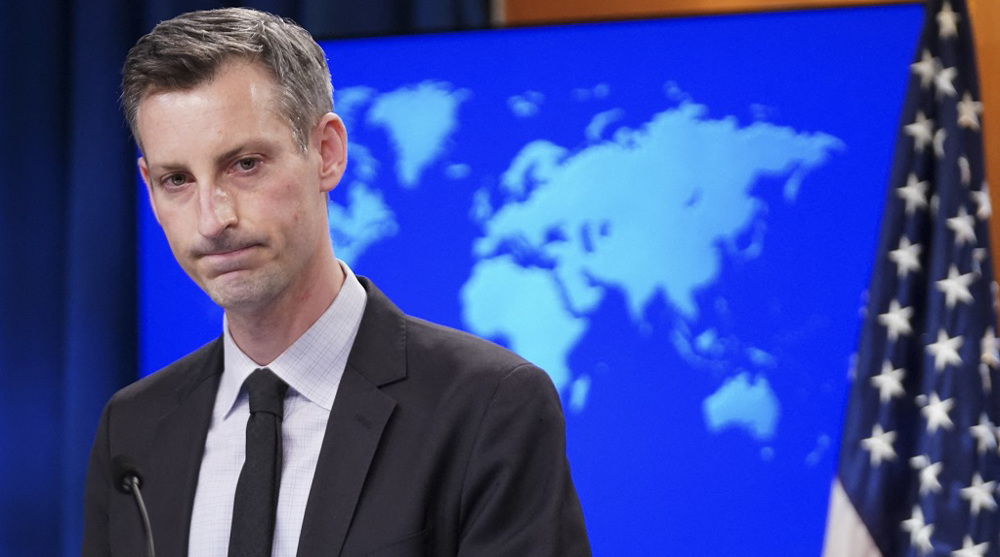







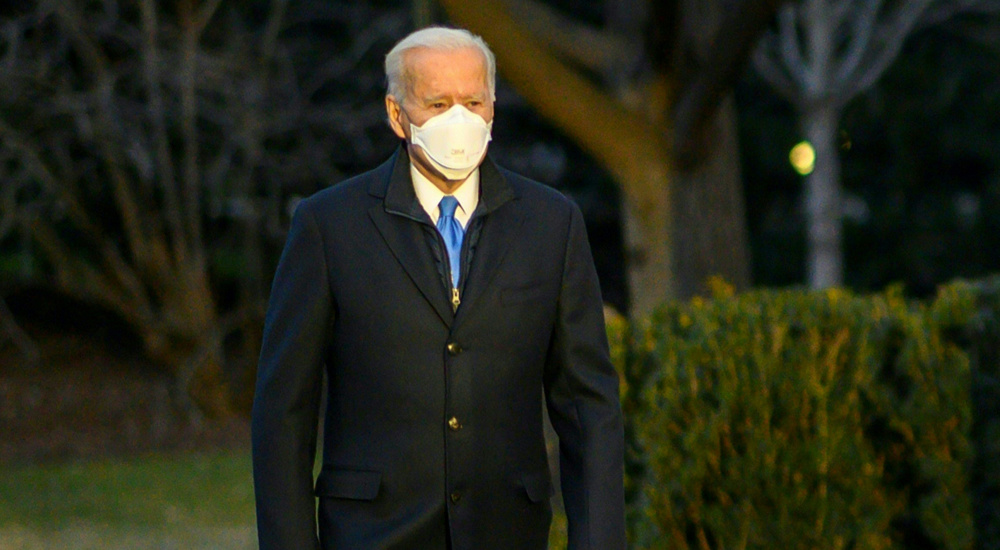
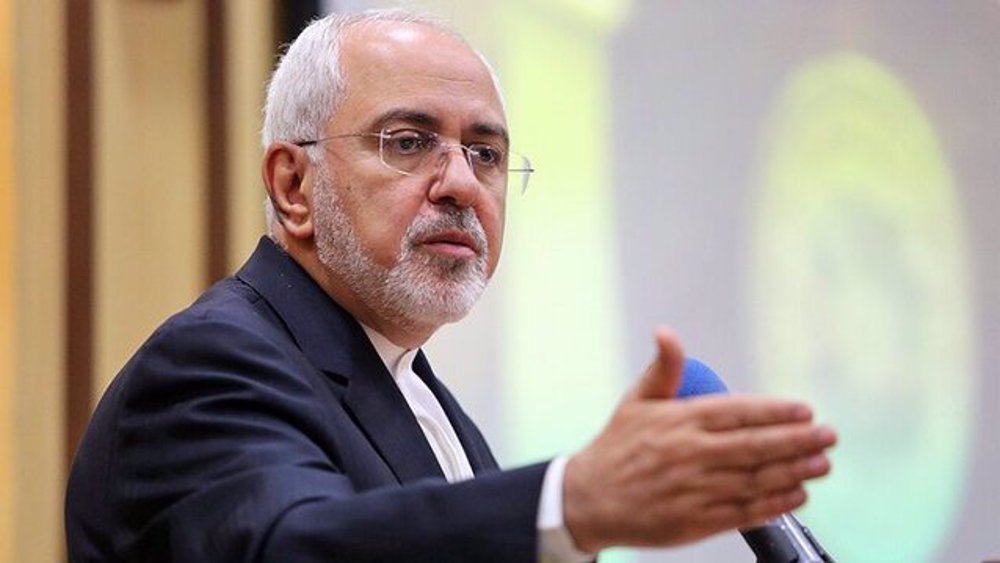
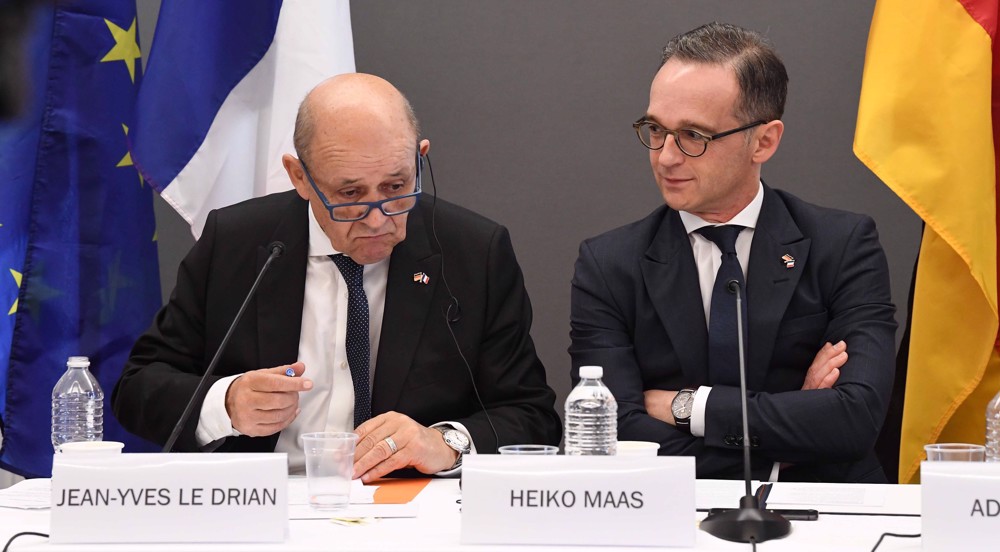
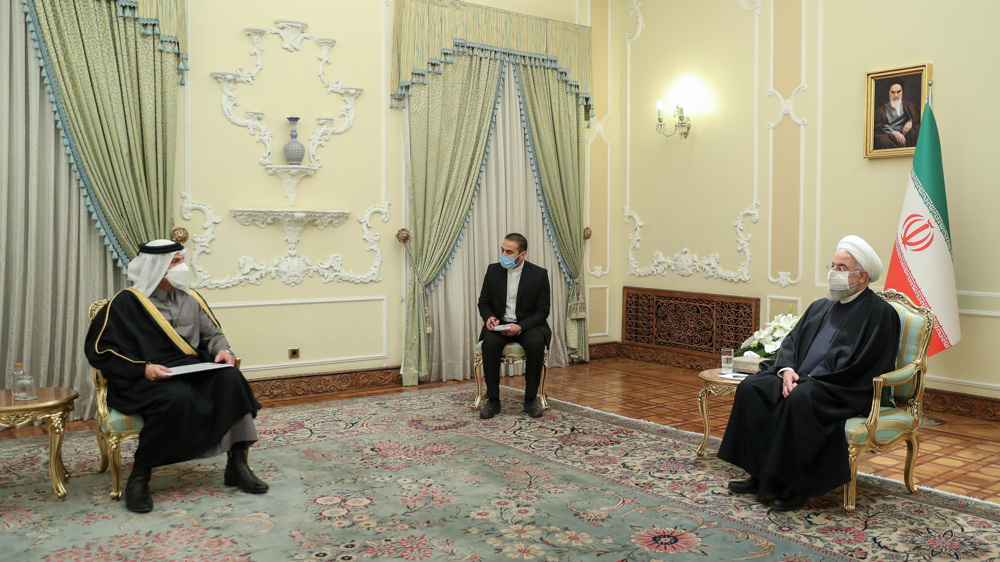
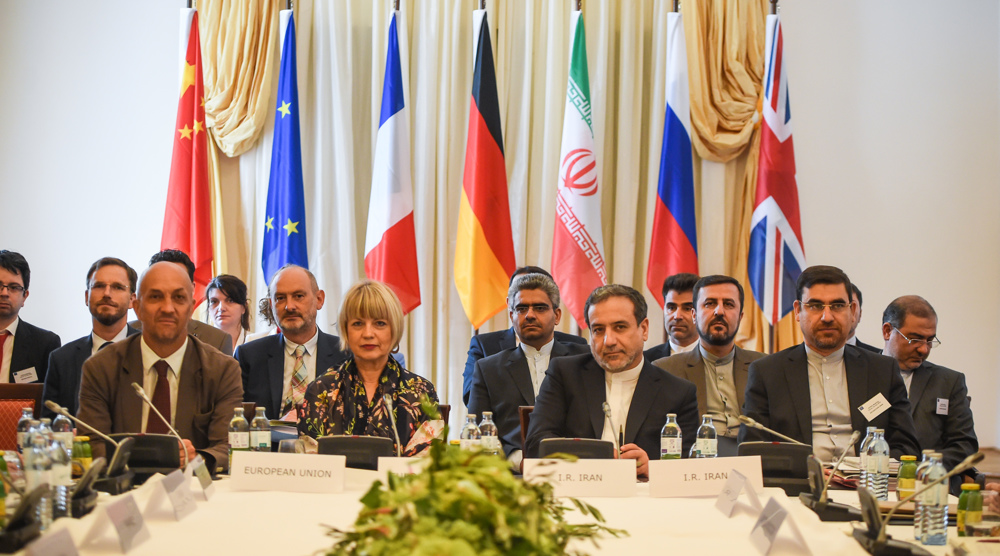
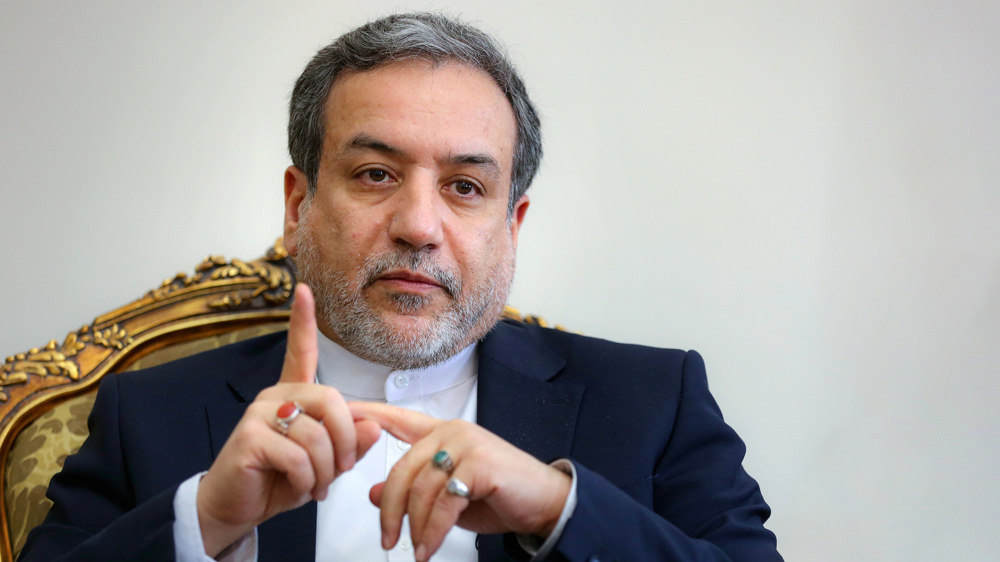


 This makes it easy to access the Press TV website
This makes it easy to access the Press TV website